Happy 2013, all! Here’s a look at FNB highlights from 2012.
Top 10 FNB posts (misc.)
Remembering Beth Short, the Black Dahlia, on the 65th anniversary of her death
TCM festival in Hollywood
Interview with Tere Tereba, author of “Mickey Cohen: The Life and Crimes of L.A.’s Notorious Mobster”
Marilyn Monroe birthday tribute
Marilyn Monroe exhibit in Hollywood
Film noir feline stars: The cat in “The Strange Love of Martha Ivers”
Famous injuries in film noir, coinciding with my fractured toe, or broken foot, depending on how dramatic I am feeling
Panel event on author Georges Simenon with director William Friedkin
History Channel announcement: FNB to curate film noir shop page
Retro restaurant reviews: Russell’s in Pasadena
x
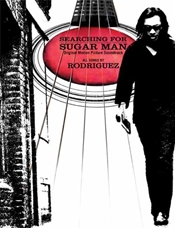 REVIEWS: 2012 neo-noirs or films with elements of noir
REVIEWS: 2012 neo-noirs or films with elements of noir
“Crossfire Hurricane” documentary
“Momo: The Sam Giancana Story” documentary
“Polisse”
“Searching for Sugar Man” documentary
x
“Decoy”
“Gilda”
“The Postman Always Rings Twice”
x
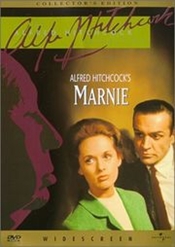 REVIEWS: Directed by Alfred Hitchcock
REVIEWS: Directed by Alfred Hitchcock
“Marnie”
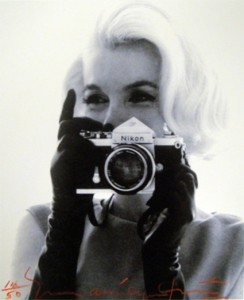
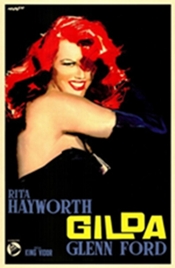





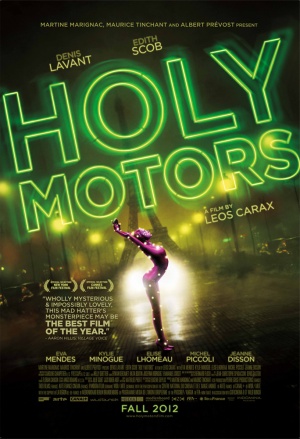
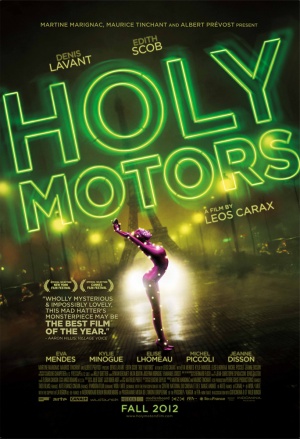
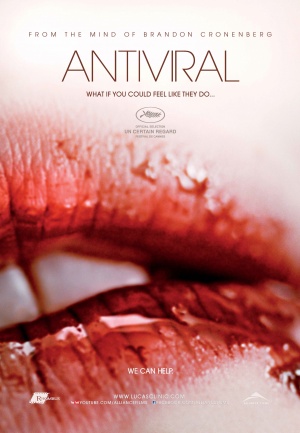





From FNB readers